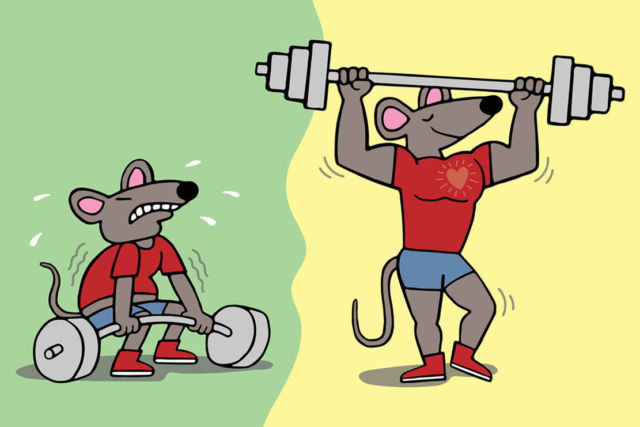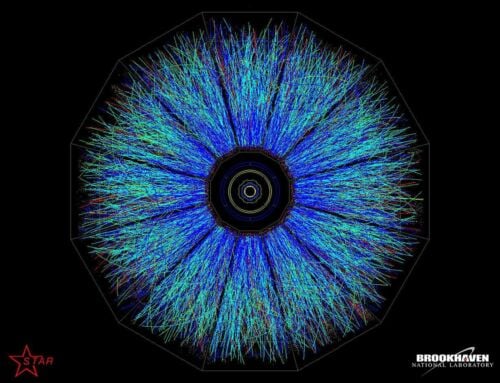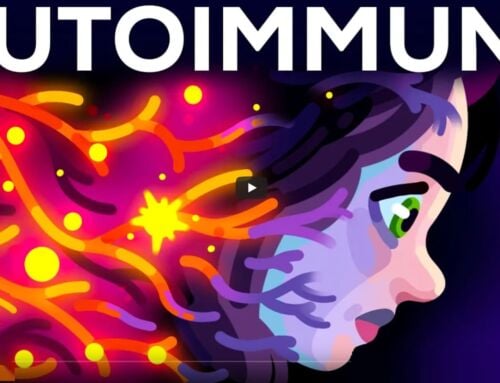Researchers found that gene therapy in mice helped build strength and significant muscle mass quickly, while reducing the severity of osteoarthritis.
The scientists at Washington University School of Medicine in St. Louis also said that the gene therapy prevented obesity, even when the mice were fed a high-fat diet.
Exercise and physical therapy often are recommended to help people who have arthritis. Both can strengthen muscle — a benefit that also can reduce joint pain. But building muscle mass and strength can take many months and be difficult in the face of joint pain from osteoarthritis, particularly for older people who are overweight. A new study in mice at Washington University School of Medicine in St. Louis, however, suggests gene therapy one day may help those patients.
The research shows that gene therapy helped build significant muscle mass quickly and reduced the severity of osteoarthritis in the mice, even though they didn’t exercise more. The therapy also staved off obesity, even when the mice ate an extremely high-fat diet.
The study is published online May 8 in the journal Science Advances.
“Obesity is the most common risk factor for osteoarthritis,” said senior investigator Farshid Guilak, PhD, the Mildred B. Simon Research Professor of Orthopaedic Surgery and director of research at Shriners Hospitals for Children — St. Louis. “Being overweight can hinder a person’s ability to exercise and benefit fully from physical therapy. We’ve identified here a way to use gene therapy to build muscle quickly. It had a profound effect in the mice and kept their weight in check, suggesting a similar approach may be effective against arthritis, particularly in cases of morbid obesity.”
Image credit Mike Worful / Washington University School of Medicine
source Washington University School of Medicine






Leave A Comment